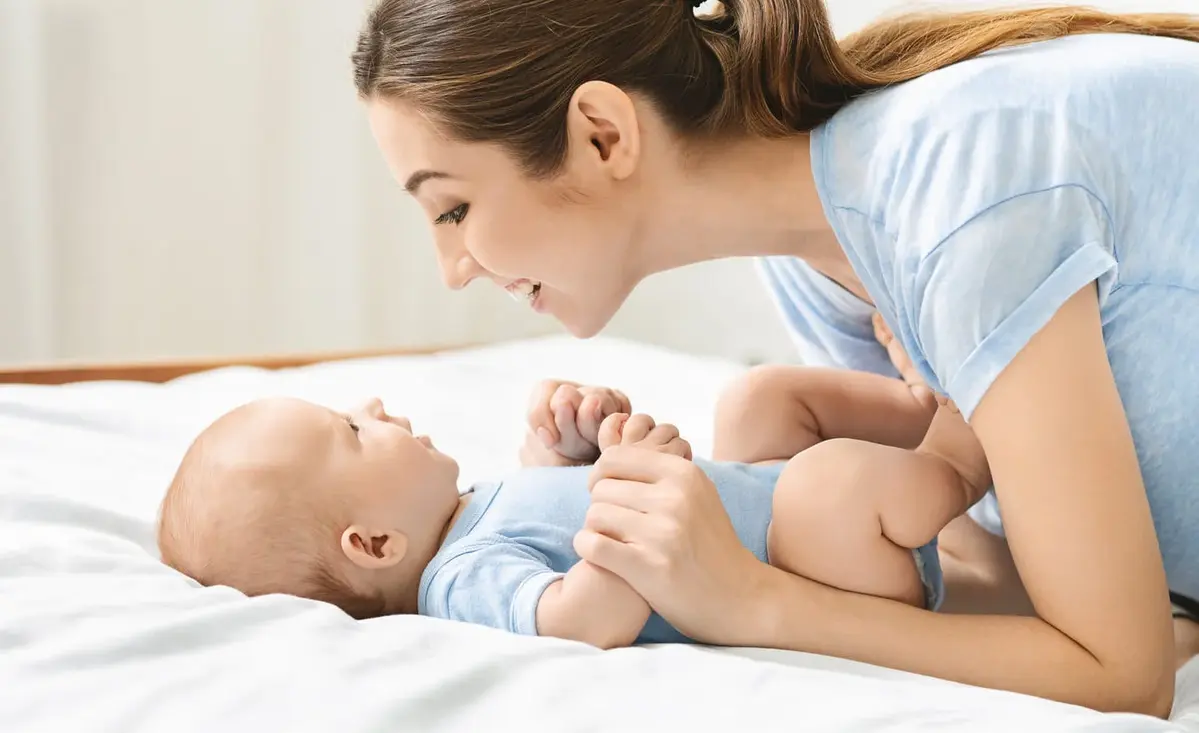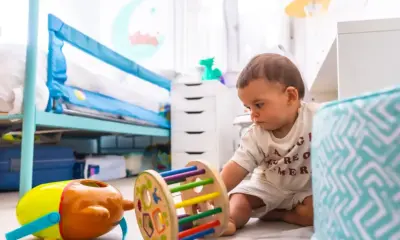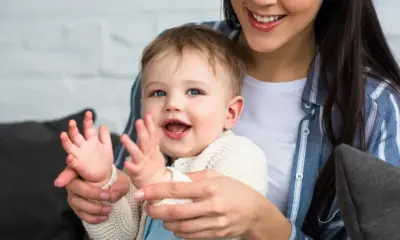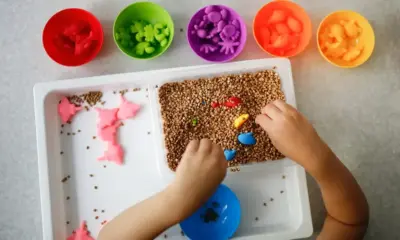Baby Development
Baby Babbling: When It Starts, How It Develops & Tips to Encourage

Understanding Baby Babbling Stages: A Milestone in Language Development
Why Baby Babbling is Important for Speech Development
Baby babbling stages are an essential part of your little one’s speech development journey. As your baby begins to babble, they are taking the first steps toward forming words and phrases. These early babbles, like “ba-ba” or “da-da,” are not meaningless; they play a significant role in language acquisition. By recognizing the importance of these stages, parents can encourage their baby’s language development effectively.
Why Do Babies Babble?
The Significance Behind Early Babbling Sounds
Babies babble to mimic sounds and express emotions. These vocalizations are crucial for building their language skills. Through repetitive sounds, babies start to connect their voices with the world around them.
When Do Babies Start Babbling?
The First Babble at Four Months
Most babies begin babbling at around four months of age. However, the babbling evolves as they grow, progressing to more complex sounds by six months.
How Baby Babbling Stages Develop
Key Milestones in Babbling
The babbling process has two key stages: canonical babbling and jargon babbling. By six months, babies start combining consonants and vowels, creating repetitive sounds like “da-da.” By the end of their first year, they are ready to speak simple words.












